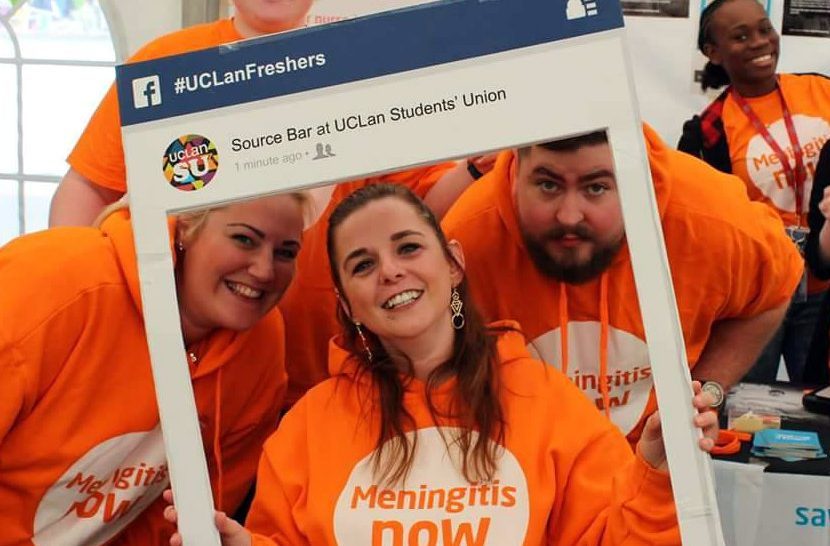With a number of deaths at UK universities this academic year, charity Meningitis Now is asking why so many young people are choosing to ignore a free vaccine which could save their life.
With two University of St Andrews students struck down by strains of the disease, the charity has launched its annual student awareness week.
One St Andrews student has been discharged, with the second still in hospital. The cases are not connected.
The week’s events ask students to learn from the fact that till the end of August fewer than 18% of 17 and 18-year-olds in England had received the vaccination and nearly 500,000 first year students remain at risk.
Cases of potentially deadly Men W have been increasing year on year, from 22 in 2009 to nearly 200 cases in the past 12 months.
A Meningococcal ACWY vaccination was introduced in 2015 to combat this rise, but sadly numbers continue to grow.
Despite the increasing risk and the recent deaths of a number of students across the UK, the uptake of MenACWY remains very low, with just 17.4% in England, while in Wales the average uptake is a concerning 30.9%.
But things are much better in Scotland — by contrast, this country’s programme through schools has been highly successful.
Meningitis Now chief executive Liz Brown said: “With a number of students having already contracted and died from meningitis this semester, my simple message to young people and parents, where they still have influence, is that it is not too late to take action that could be lifesaving — get the MenACWY now and protect yourself by getting to know the signs and symptoms of the disease.”
The awareness week is backed by businesses, universities, parents and young people with direct experience of the disease across the UK.
Helping warn of the dangers are St Andrews’ student Fiona Yelland, who went from a normal day at school to being on life support in only hours, and Charlotte Hannibal who had just returned to university in Nottingham when she contracted Men W.
She thought she had the flu but the disease saw her spend 17 days in an induced coma and woke unable to remember what had happened to her.
Left with memory loss, she said: “My hearing was also damaged. I had both legs amputated below the knee and lost all my fingers on my left hand and have recently undergone a kidney transplant.
“I’m now just very grateful to be alive and well.”
The campaign aims to make sure students know the signs and symptoms of the disease and get the free, lifesaving MenACWY vaccine.
To find out more visit www.fightfornow.org.










